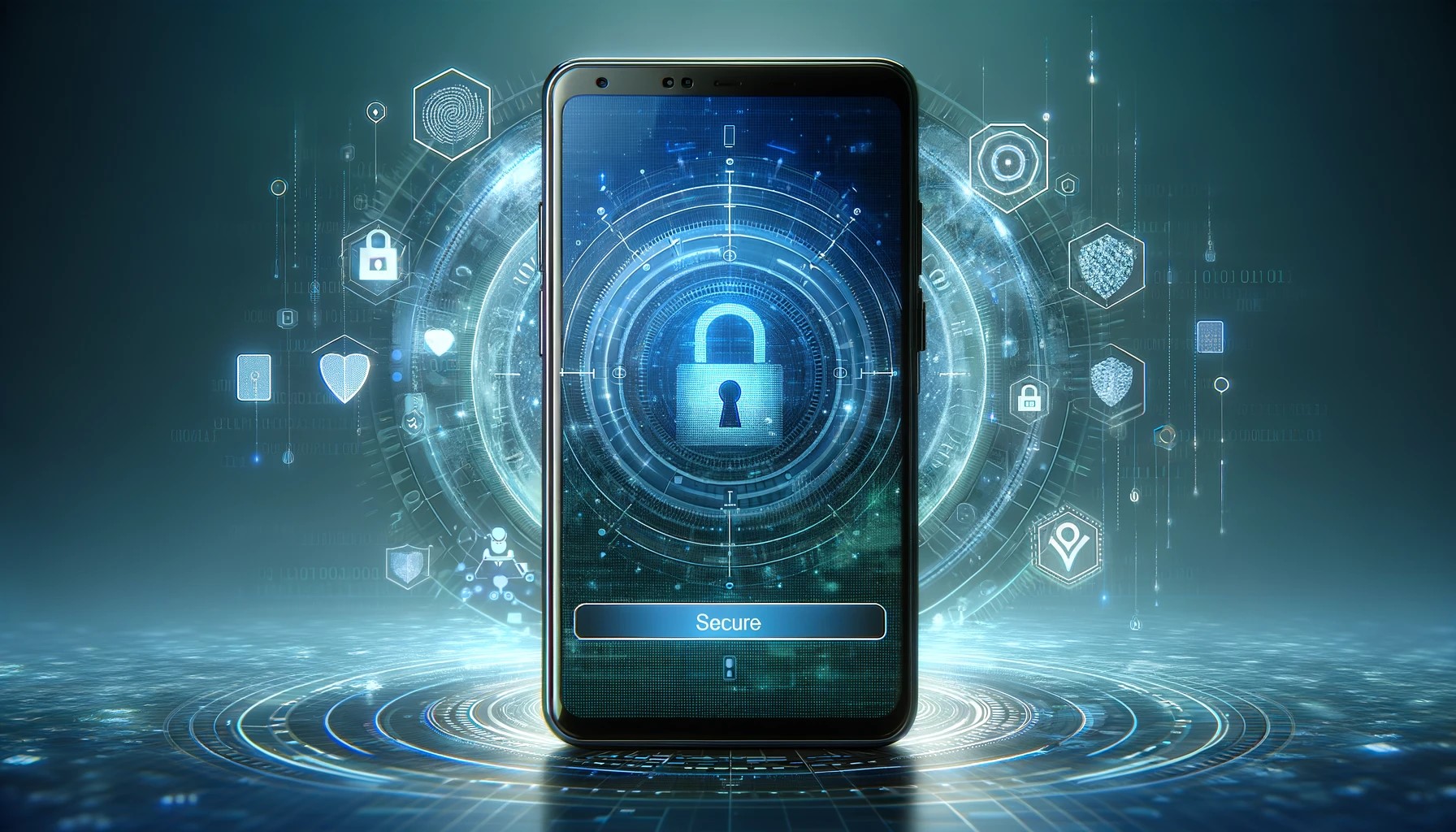Mobile devices have become an essential part of our daily lives, both personally and professionally. However, with the increasing use of mobile devices, there also comes a significant increase in cyber risks. It is crucial to implement effective strategies to mitigate these risks and protect sensitive information.
One of the key strategies to enhance the security of your mobile device is to implement strong passwords and biometric security measures. Using complex passwords that are at least 12 characters long and include a mix of letters, numbers, and symbols can act as the first line of defense. Additionally, enabling biometric security features such as fingerprint or facial recognition adds an extra layer of protection.
Keeping your device’s software up to date is equally important in safeguarding against cyber threats. Regularly updating your device’s operating system and applications is crucial as software updates often contain security patches that fix vulnerabilities that hackers can exploit. Enabling automatic updates ensures that you do not miss critical patches that enhance your device’s security.
Investing in reputable mobile security solutions is another effective strategy to protect your device from malicious threats. These security applications offer features such as antivirus protection, anti-theft capabilities, and secure browsing, which can help identify and block potential threats before they compromise your device.
When using public Wi-Fi networks, exercise caution as they can be vulnerable to cybercriminals. Avoid accessing sensitive information such as banking details or work emails while connected to public Wi-Fi. If necessary, use a virtual private network (VPN) to encrypt your internet connection and protect your data from potential security breaches.
Enabling remote wipe and locate features on your device can be beneficial in the event your device is lost or stolen. These features allow you to erase all data from the device remotely and track its location, providing you with the necessary tools to protect your sensitive information and potentially recover your device.
Practicing safe app usage is also vital in maintaining the security of your mobile device. Only download apps from trusted sources such as the Apple App Store or Google Play Store and be cautious of apps that request excessive permissions unrelated to their functionality. Checking user reviews and permissions before installing any app can help prevent potential security risks.
It is essential to educate yourself and your team on the latest cyber threats through regular training sessions. Building a culture of security awareness where everyone feels responsible for protecting sensitive information can help identify phishing attempts and other cyber risks, ultimately enhancing the security of your mobile device.
Regularly backing up your data using cloud services or external storage devices ensures that you do not lose important information in case of a cyber incident. Limiting the use of your device for sensitive transactions and monitoring for unusual activity can further reduce the risk of malware or other threats affecting your device.
In conclusion, mobile devices play a pivotal role in our lives, and it is crucial to understand and manage the associated cyber risks effectively. By implementing these strategies, individuals and organizations can significantly reduce their vulnerability to cyber threats and protect their sensitive information. Remember, cybersecurity is an ongoing process that requires continuous attention and adaptation to emerging threats. Stay vigilant and prioritize the security of your mobile device to safeguard your digital life.


